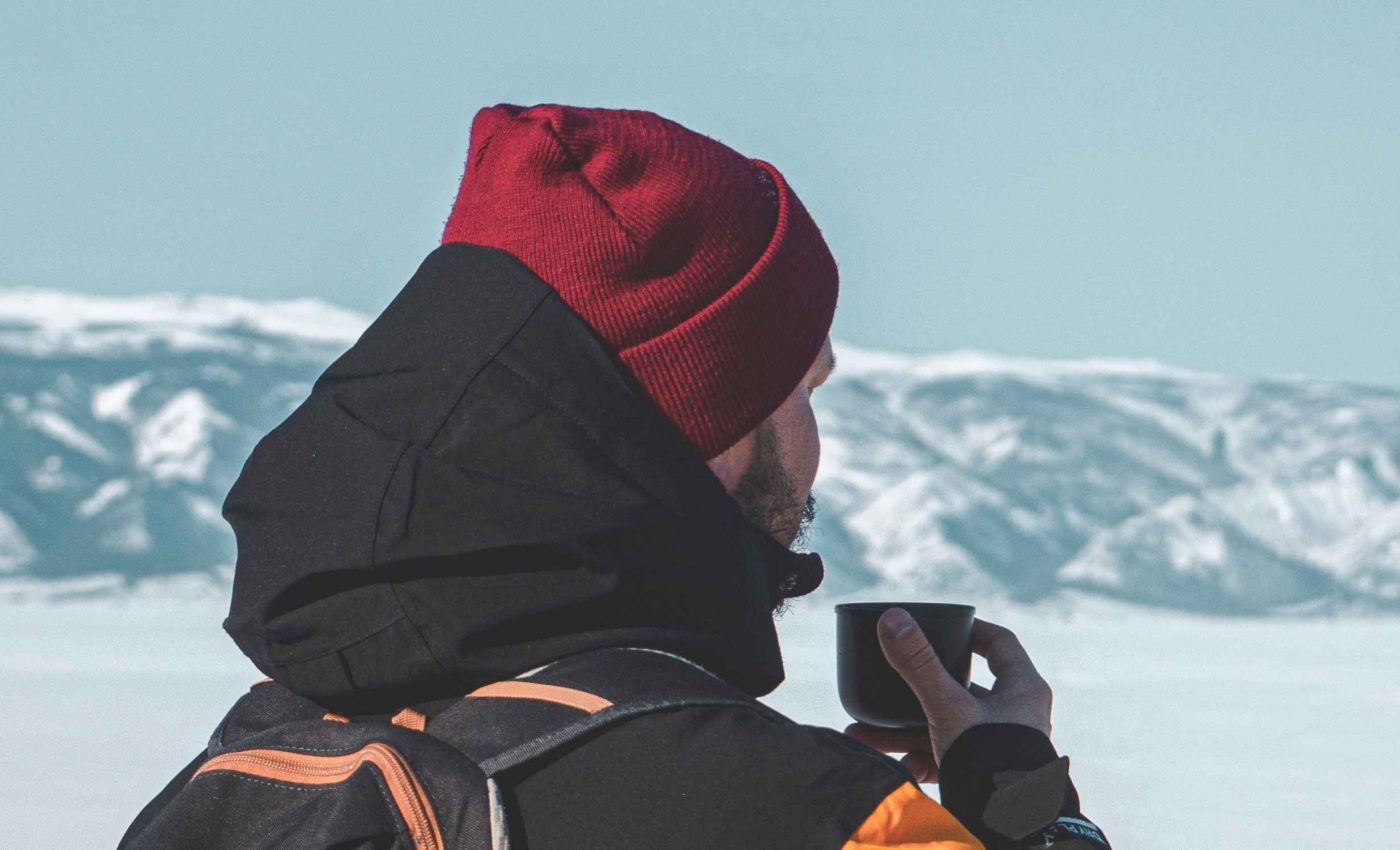
Extreme isolation is changing the way humans speak in Antarctica
Far from home and cut off from the world, a small team at the British Antarctic Survey’s Rothera Research Station unknowingly ran a natural experiment in how isolation reshapes speech and language.
Over six winter months, 11 volunteers recorded the same set of everyday words again and again. By the season’s end, their English had shifted – subtly but measurably – revealing how quickly speech begins to bend when a community shrinks to just a handful of voices.
The work was led by Jonathan Harrington, a professor of phonetics at the Ludwig Maximilian University of Munich (LMU). His research focuses on how everyday talk slowly nudges speech sounds within real communities.
Speech changes in isolation
From a larger team of 26, a core group gave repeated recordings during the 2018 winter. They first recorded a baseline before deployment, then four sessions at about six-week intervals.
Each session lasted roughly ten minutes and used the same list of 29 everyday words. That controlled script kept the task steady so measurements could focus on true change.
The clearest shift was fronting – moving a vowel’s tongue position forward. Other small patterns appeared across vowels, and the group tilted toward a shared speech style.
One of the target categories was a diphthong, a vowel that glides between two targets. Tracking its movement showed the change was not random noise but a consistent update shared within the group.
Tracking isolation’s effects
Analysts tracked formants, resonant frequency peaks that define vowel quality. These acoustic fingerprints can reveal changes too small for casual listening.
The baseline came in September 2017, and winter sessions ran from March to August 2018. That schedule let the team watch change unfold within a single season.
The team compared the recordings to an agent-based model, a computer simulation of interacting speakers. The model predicted several shifts that the winter data later confirmed.
Volunteers included scientists, engineers, doctors, chefs, and support staff with varied language backgrounds. Those different starting points shaped how far each vowel could move.
Isolation’s pull on speech
When people talk together for months, unconscious alignment of speech patterns often follows. In small, cut-off groups, that pull gets stronger and runs faster.
“You can’t hear the differences very well,” said Harrington. Measurements picked them up even when everyday listening did not.
Adults rarely overhaul an accent in months, but small changes point the way forward. If children later learned those patterns, they could stabilize into a local norm.
Speech updates through repeat exposure, one conversation layering on another across daily life. At a station cut off from outsiders, the stack of local examples grows fast.
Isolation invents new words
Along with accent shifts, the winterers built a mini dictionary of slang that only made sense on the ice.
A clear morning sky became a “Dingle day,” a coffee break was “Smoko,” and movie night was called wearing a “Fox hat.” Each word carried a shared memory – a shorthand for their daily life in confinement.
Language serves more than communication; it marks belonging. These invented terms turned inside jokes into identity markers, signaling who was part of the crew and who was not.
In such environments, creating new words helps people reclaim a sense of control and community when everything else is dictated by the frozen world around them.
How place shapes people
At Rothera, the largest British Antarctic facility on Adelaide Island, winter brings months without routine flights or ship calls. Crews depend on each other for work, safety, and the social time that keeps morale steady.
Since 2015, satellite analysis has documented rising surface salinity and shrinking Antarctic sea ice across the Southern Ocean. Even with those shifts, winter still means long stretches with the same small set of voices.
Daily routines include shared meals, lab work, maintenance, and base-wide briefings that anchor the day. Those steady, repeated interactions give new pronunciations many chances to be heard and reused.
Radio calls and safety checks demand clear speech and quick recognition of names and numbers. In that setting, gradual alignment is not only natural – it can be useful.
Why speech shifts matter
The winterers provide a rare, real-time look at early accent change in adults. The recorded patterns are tiny, but they form a coherent direction, not random scatter.
New accents usually take generations because children reshape what they hear into stable targets. This study shows the first steps that could later settle if a community persisted.
Similar forces operate in busy neighborhoods, university dorms, and long voyages where contact is intense. The ingredients are time together, social ties, and feedback that keeps small shifts on track.
If people someday live for years in remote stations or off Earth, isolation and cooperation will shape speech there too. The physics of vowels does not change, but who we hear – and how often – always does.
The study is published in the Journal of the Acoustical Society of America.
—–
Like what you read? Subscribe to our newsletter for engaging articles, exclusive content, and the latest updates.
Check us out on EarthSnap, a free app brought to you by Eric Ralls and Earth.com.
—–













